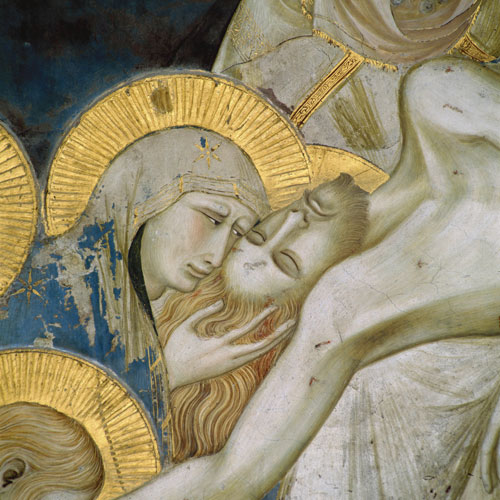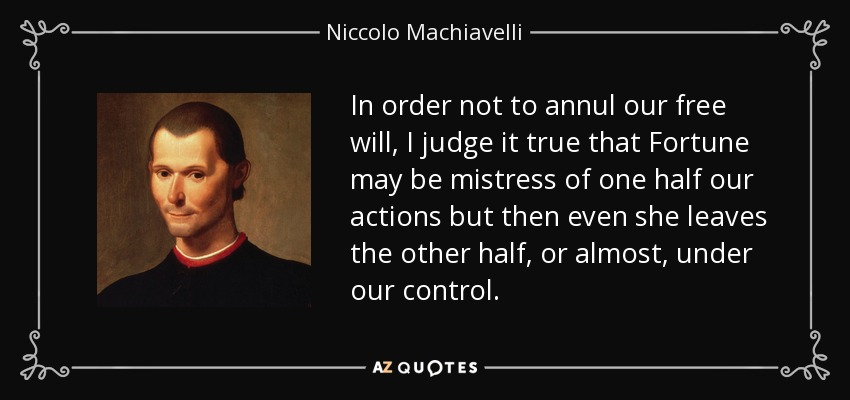Machiavelli incorporated free will in “The Prince” as a way to measure how it will play a role in the prince’s failure or success. Machiavelli refers to prince’s in the past who have failed and how their free will led to this downfall. In chapter 25 of the prince, Machiavelli speaks on the role of fortune amongst human affairs. He goes on to argue that fortune is half responsible for human action leaving the rest up to free will. Generally speaking based on The prince Machiavelli is a firm believer of free will and humans having the power to form their destinies to a certain degree as well as he believes that humans do not have absolute control over events.
Category: Post 5
Analysis of Angela da Foligno’s Memorial
While reading Angela da Foligno’s Memorial, I noticed a common theme of pain being brought up throughout the thirty steps of cleansing oneself of a sin. As each step continued on, Angela seemed to deal with more and more pain; most steps being filled with shame, bitterness, and no love. As each step increased, so did the pain. For example, in step seven, she reflected alongside the cross and pondered upon the reasons Christ died, and how he died for her sins. As she kept this journey going and reached step nine, her husband, mother, and child died. She was aware of their deaths, and happened to accept it as she knew they were “a great hindrance” to her and her cleansing process. Although she felt “deep consolation following their deaths” and all of the other painful events she had to go through, she kept pushing through and completed all thirty steps of cleansing.




